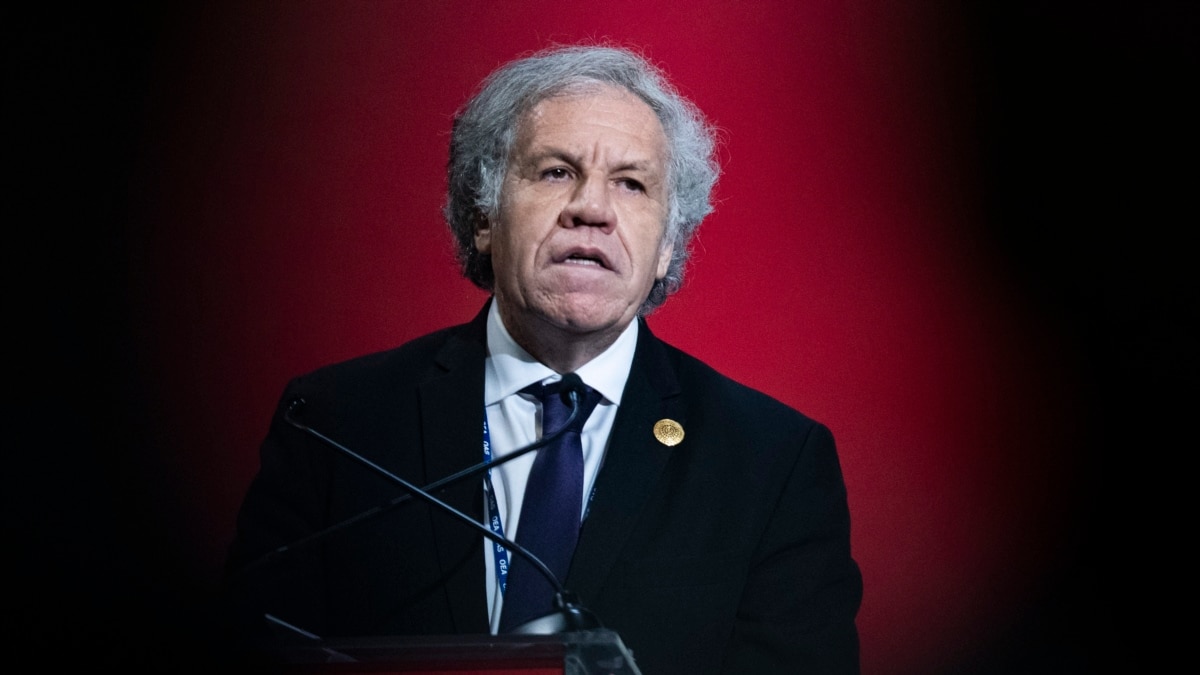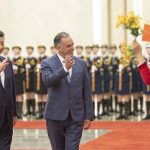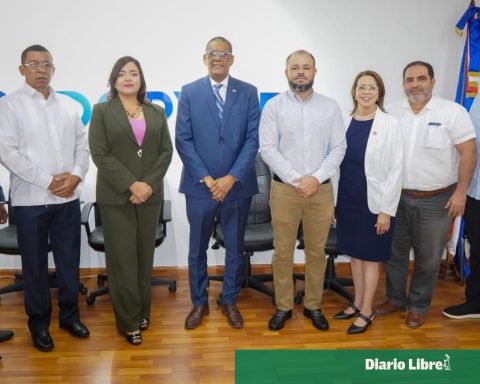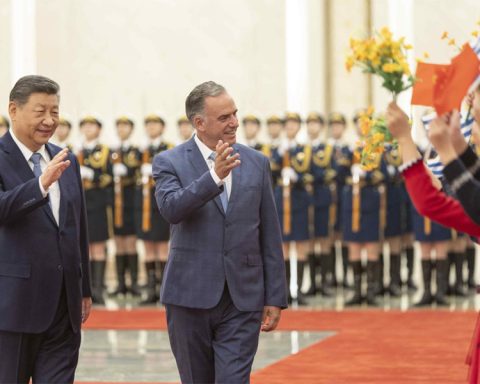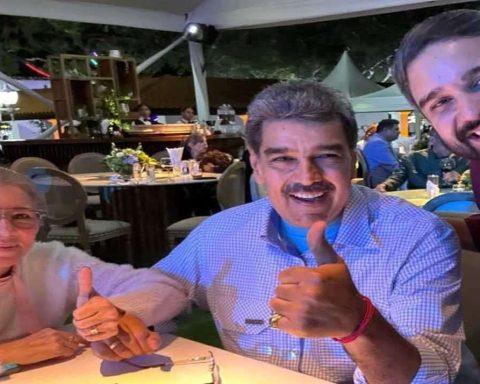It was recently a year since Nicaragua denounced the OAS Charter and announced the “definitive” withdrawal of the regional organization, after accusing it of “interference” for ignoring the 2021 presidential elections that granted a new mandate to the government of President Daniel Ortega.
The procedure for a country to leave the OAS lasts two years, and until it is completed, Nicaragua would have to continue abiding by its commitments because it is a signatory to the organization’s Charter. Among these obligations is respect for human rights, indicates to the voice of america the former Nicaraguan diplomat at the OAS, Arturo McFields.
However, that has not been the case. The Ortega government continues to repress opponents, even more freely without the commitments to protect human rights that belonging to the OAS implied, analysts say.
The Inter-American Commission on Human Rights (IACHR) is derived from the OAS, and is in charge of the promotion and protection of human rights on the continent, and the countries attached to the body are monitored in terms of their practices.
By leaving the organization, Nicaragua was left “in a very big orphanage” by not having to be accountable for those commitments, McFields said.
“I believe that the biggest blow that is dealt by withdrawing from the OAS is the issue of human rights because, when the two years are up, this link that, in fact, they have broken, but by law they still maintain with the Commission Inter-American Commission on Human Rights; well, it’s definitely going to break,” said McFields.
Following the announcement of Nicaragua’s departure from the OAS, at the end of last April Ortega withdrew his representatives from the organization. At the same time he announced the closure of the organization’s offices in Managua.
Analysts say that Nicaragua has not shown interest in returning to the regional forum. If Nicaragua wanted to return to the OAS, it would suffice to send a verbal note to the organization before the two years are up, explains McFields.
Eduardo Ulibarri, former Costa Rican ambassador to the United Nations, comments that “it is difficult to expect any change in Nicaragua one year after leaving the OAS.”
“The regime has a line, a path, a repressive route to eliminate any element of independence or opposition in the country. The departure of the OAS was part of that line,” he said.
Nicaragua got rid of the commitment that being in a regional organization like the OAS implied, and with this it has more freedom to “develop the policy of absolute control, of repression,” he added.
Former opposition legislator Eliseo Núñez said that the Ortega government has a “strategy” to control all types of opposition, suppressing organizations that even question it.
Recently Analyst Óscar René Vargas was arrestedformer adviser to the ruling party after the triumph of the Sandinista revolution, totaling more than 200 political prisoners, according to counts by human rights organizations.
Thousands of opponents have gone into exile in neighboring Costa Rica, and the number of canceled NGOs in Nicaragua rose to more than 3,000 last week, according to activist figures.
OAS ignored 2021 elections
The OAS approved on November 12, 2021 a resolution that called the elections in Nicaragua illegitimate, with 25 votes from member countries. Seven days later, on November 19, Managua made the decision to leave the regional organization.
Cuban academic Guillermo Belt, former adviser to the OAS, said that he has not seen signs of “flexibility” on the part of the Ortega government in terms of its position against the organization.
“The Ortega regime has decided to completely disassociate itself from the OAS following the example of the Maduro dictatorship some two, three years ago, when it followed the same procedure,” he said.
The government of President Daniel Ortega has ratified its decision not to return to the regional body, which it called a “colony of the United States.”
In April of this year, Nicaraguan Foreign Minister Denis Moncada ratified the “invariable decision to leave the OAS.”
Moncada said that the organization is a “calamitous, truculent and lying dependency of the State Department of Yankee imperialism.”
Nicaragua has been experiencing a political crisis for four years when protests against President Daniel Ortega arose and were violently repressed, leaving more than 300 dead, according to human rights organizations.
The mandatary has arrested more than 200 opponentsamong them six candidates for the presidency, priests, peasant and university leaders.
Connect with the Voice of America! Subscribe to our channel Youtubeand activate notifications, or follow us on social networks: Facebook, Twitter and instagram.
